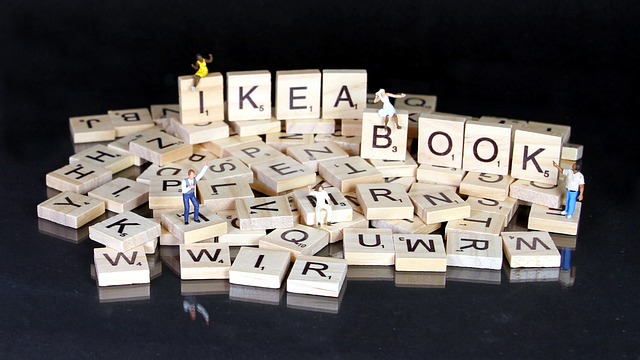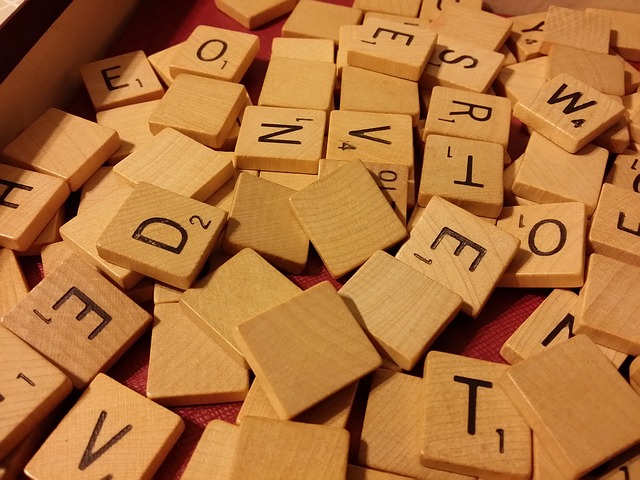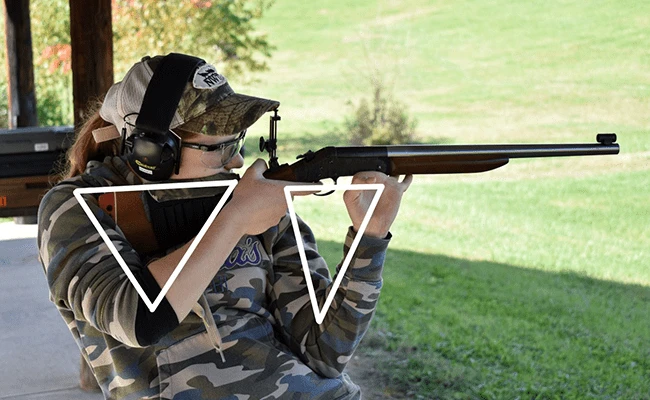“This riddle often confounds many individuals… This riddle becomes quite simple when careful consideration is given. What appears two times in a week?
Do you grasp it now? The solution to this straightforward riddle is the letter ‘E’!”
What is the nature of the riddle game, and how does it typically function?
The riddle game, a captivating and intellectually stimulating pastime, revolves around the presentation of enigmatic questions or statements that challenge participants’ wit and creativity,
Introduction to Riddles
Definition and Purpose:
- Definition: Riddles are enigmatic puzzles or questions that require creative thinking to solve.
However, they often present a situation or description that seems contradictory or puzzling, challenging the solver to find a hidden meaning or solution.
- Purpose: Riddles serve as mental exercises, encouraging individuals to think critically, consider multiple perspectives, and come up with innovative solutions.In addition, they stimulate intellectual curiosity and provide an engaging way to explore complex concepts.
Historical Significance:
- Ancient Origins: Riddles have a rich historical background, dating back to ancient civilizations like the Greeks, Egyptians, and Babylonians.
Moreover, they were used not only for entertainment but also as a means of transmitting cultural wisdom and encouraging lateral thinking.
- Cultural Relevance: Riddles are found in folklore, literature, and oral traditions across different cultures.
Additionally, they reflect the way societies have valued intellectual prowess and cleverness throughout history.
Incorporating the Topic

Crafting Riddles about Weekly Occurrences:
- Contextual Creativity: Crafting riddles related to occurrences happening twice weekly requires a blend of linguistic ingenuity and a deep understanding of the topic. Moreover, the challenge lies in presenting regular events in a mysterious and intriguing manner.
- Engaging Connection: By connecting riddles to weekly occurrences, participants are prompted to think about routine events in a new light.
Additionally, this encourages them to explore the regularity of their lives from a fresh perspective.
Encouraging Critical Thinking:
- Cognitive Challenge: Riddles inherently challenge conventional thinking. Solving them requires looking beyond the obvious and considering unconventional interpretations. Additionally, this cultivates critical thinking skills and the ability to approach problems from different angles.
- Conceptual Flexibility: Encountering riddles about weekly occurrences encourages participants to reconsider their assumptions and thought patterns.
Moreover, this adaptability is valuable in both problem-solving and adapting to changing circumstances.
Engaging Participants
Riddle Challenges:
- Intellectual Engagement: Riddle challenges capture participants’ attention and stimulate their intellect.
In addition, the anticipation of discovering the solution motivates individuals to engage actively in the process.
- Mental Exercise: The process of deciphering riddles provides a mental workout, promoting cognitive agility and analytical thinking.
Additionally, participants develop the habit of examining situations from multiple viewpoints.
Social Interaction and Brain Teasers:
- Community Building: Riddle games foster social interaction as participants collaborate to solve the puzzles. Moreover, this sense of camaraderie and shared problem-solving enhances the overall experience.
- Brain Teaser Appeal: Riddles serve as entertaining brain teasers that individuals can enjoy together. Additionally, the challenge of solving a riddle and the satisfaction of unraveling its hidden meaning create a sense of accomplishment and enjoyment.
How Curiosity and Cognitive Engagement?

Curiosity and cognitive engagement share a symbiotic relationship, as curiosity acts as a driving force that propels individuals into novel experiences.
Curious Nature of Humans
Inquisitive Minds and Novelty:
- Curiosity as a Driving Force: Humans are naturally curious beings, driven by a desire to explore the unknown and make sense of their surroundings. Moreover, Riddles tap into this curiosity, providing a tantalizing puzzle to solve.
- Novelty Attraction: Riddles offer novel and unconventional ways of thinking about common concepts, intriguing individuals and prompting them to engage in deeper contemplation.
Seeking Patterns and Solutions:
- Pattern Recognition: Humans have an inherent ability to recognize patterns, which aids in deciphering riddles. Moreover, this skill also reflects our capacity to identify regular occurrences in the world around us.
- Solving Impulse: The satisfaction derived from solving riddles taps into the human instinct to conquer challenges. Additionally, this mirrors our drive to understand and find solutions to everyday complexities.
Cognitive Benefits
Mental Stimulation and Flexibility:
- Cognitive Workout: Engaging with riddles provides mental stimulation by requiring participants to think critically and creatively.
Moreover, this cognitive exercise enhances mental agility and keeps the mind sharp.
- Flexibility in Thinking: The diverse and often cryptic nature of riddles necessitates adaptable thinking.
Additionally, regular exposure to riddles encourages individuals to approach problems with open-mindedness and a willingness to explore unconventional solutions.
Enhancing Problem-Solving Skills:
- Transferable Skills: The skills honed while solving riddles extend to various real-world scenarios. The ability to dissect complex problems, consider multiple perspectives, and devise innovative solutions proves invaluable in professional and personal life.
- Persistence and Resilience: Confronting challenging riddles cultivates perseverance and the capacity to tackle problems that may initially seem insurmountable.
FAQs
What occurs twice in a week?
The letter ‘E’ occurs twice in the word “week.”
What occurs twice in a week once in a week?
The letter ‘E’ occurs twice in “week,” and the word “once” contains it once.
Which occurs twice in a month?
The letter ‘H’ occurs twice in the word “month.”
What occurs twice in the morning at the start of every night?
The letter ‘M’ occurs twice in “morning,” and the word “night” begins with it.
What occurs four times in a week?
The letter ‘A’ occurs four times in the word “week.”
How often is it twice weekly?
“Twice weekly” means something occurs two times within a week.
Conclusion :
In conclusion, the exploration of occurrences happening twice in a week, coupled with the intriguing world of riddles, offers a unique perspective on routine and cognitive engagement.
Moreover, the concept of regular events unfolding twice weekly not only introduces predictability and structure into our lives but also serves as a basis for enhancing time management skills.
In addition, the incorporation of riddles into this theme adds an element of intellectual stimulation and creativity. Riddles, with their historical significance and purpose, provide an avenue for individuals to think critically, explore alternative viewpoints, and arrive at innovative solutions.
By crafting riddles around weekly occurrences, participants are encouraged to approach routine events with a fresh curiosity, fostering a deeper appreciation for the patterns within our lives.
Furthermore, the riddle game not only challenges the mind but also fosters social interaction and camaraderie.
As individuals engage in riddle challenges and collectively seek solutions, they strengthen their problem-solving skills while building connections with others who share their intellectual curiosity.











